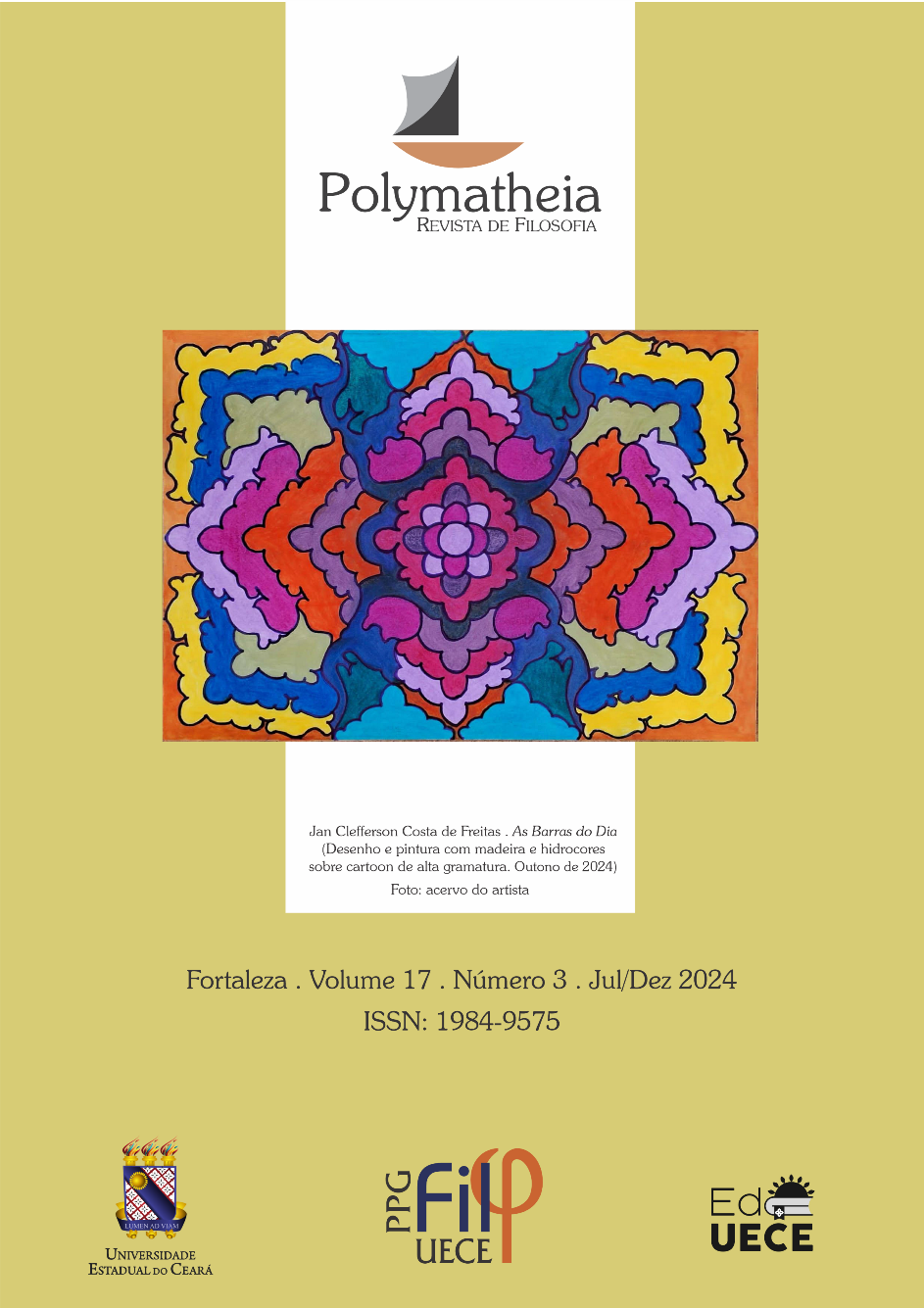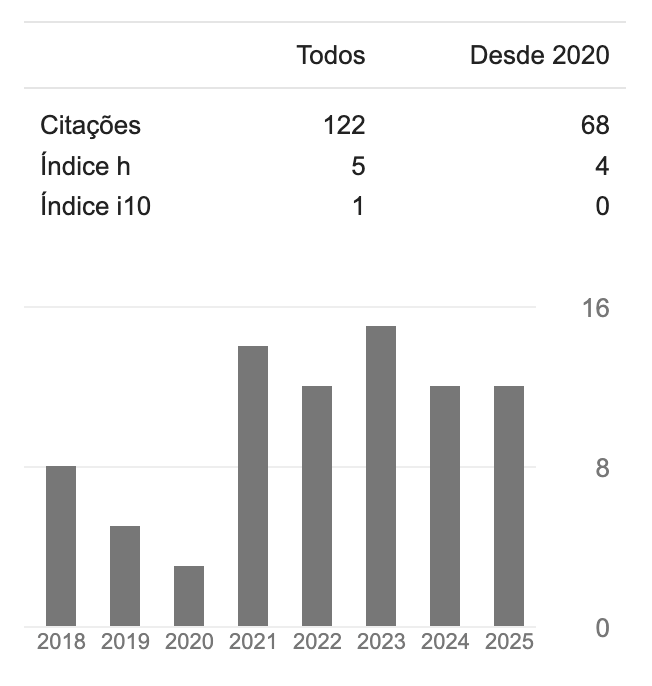The Principle of Individuation in Descartes, Locke, and Leibniz
DOI:
https://doi.org/10.52521/poly.v17i3.13954Keywords:
Locke, identity, Eu, Leibniz, ConsciousnessAbstract
The aim of this text is to present one of the most controversial topics of modernity, specifically, namely: the principle of individuation. For both authors, John Locke and G. W. Leibniz, the necessity of this principle pertains to morality: actions, justice, and Divinity. However, none of these philosophical constructions would be possible without the foundation of the Cogito, as established by René Descartes. Therefore, this article begins with the characterization of the Cartesian Cogito. Next, we will present Locke's understanding of consciousness as constitutive of personal or moral identity, and subsequently elucidate Leibniz's criticisms of such exclusivity.
Downloads
References
BUZON, F.; KAMBOUCHNER, D. Vocabulário de Descartes. Tradução de Claudia Berline. 1 ed. São Paulo: Editora WMF Martins Fontes, 2010.
DESCARTES, René. Princípios da filosofia. Tradução de João Gama. Lisboa: Editora Edições 70, 1997.
LOCKE, John. Ensaios sobre o entendimento humano. Tradução de Eduardo Abranches de Soveral. 5 ed. Lisboa: Editora Fundação Calouste Gulbenkian, 2014.
LEIBNIZ, G. W. Novos ensaios sobre o entendimento humano. Tradução de João Baraúna. 2 ed. São Paulo: Editora Abril Cultural, 1984.
PIAUÍ, W. S.; DAMASCENA, Marcos Deyvinson e SILVEIRA, Daniel Soares. “A controvérsia Leibniz e Locke quanto ao conceito de pessoa moral: uma outra introdução aos Ensaios de Teodiceia”. In Revista Helius (UVA), v. 3, n. 1, pp. 70-103, jan./jun., 2020.
PIAUÍ, William de Siqueira et al. (orgs.). Mônada e ainda uma vez substância individual: introduções à filosofia leibniziana da substância, da unidade e da mônada. Porto Alegre: Editora Fi, 2021.
Downloads
Published
How to Cite
Issue
Section
License
Copyright (c) 2024 Diego Andrade Nascimento

This work is licensed under a Creative Commons Attribution 4.0 International License.











